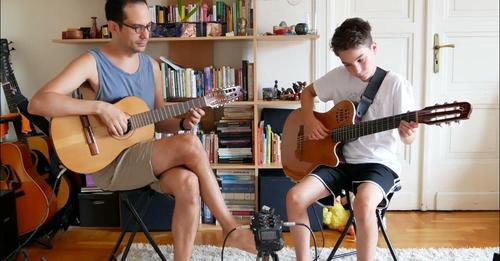On 20 April 2023, SpaceX launched the largest rocket ever built. The Starship space vehicle, designed to take people to Mars in the future, took off and after four minutes exploded without a crew on board.
The great aerospace challenge is to design a rocket that can lift, overcoming the force of Earth’s gravity, more than 150 tonnes and one of the key points is to have a fuel that does not add more mass than it has to lift.
Elon Musk, founder of SpaceX made his opinion public stating that: “Congratulations to the SpaceX team on an exciting test launch of Starship! We’ve learned a lot for the next test launch in a few months”.
And this is not the first time the company has approached its development from this perspective. Falcon 9 had to suffer repeated failed landings before it achieved its goal of returning to Earth and being ready for re-use.
Learning through trial and error is an ancient learning methodology that was relegated by knowledge and science that sought to have certainties on paper and in the laboratory prior to implementation.
In Chile, those who make mistakes or fail in their attempts are punished or stigmatised, generating an environment of fear and avoidance of risk and change; it limits innovation, learning, progress and wellbeing. Creativity and experimentation, key pillars of personal development and learning, are stifled.
Our competitive, hierarchical and authoritarian educational system rewards success, good grades and good results while questions, doubts, mistakes and failures are not factors of learning, but rather of marginalisation from the educational process.
What would become of a child who never spilled out when learning to walk or a young person who never made a mistake or revealed against his or her elders or a student who never made a mistake? Perfection does not exist and a life free of mistakes or failures is a product of a comfortable, risk-free, unchanging, boring and frustrating life.
Learning through trial and error is a methodology that involves experimenting with different approaches or solutions to solve a problem or achieve a goal, and observing the results of each attempt to determine what works and what does not. In this way, the individual acquires knowledge and skills through practice and reflection on the results observed.
Reflection is a key element for meaningful and lasting learning; therefore, teaching should focus on critically and carefully reviewing an experience, identifying the key elements and drawing lessons and conclusions from it, i.e., learning through trial and error.






